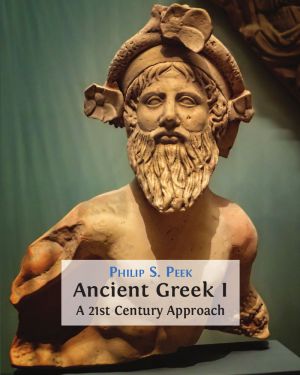
In this elementary textbook, Philip S. Peek draws on his twenty-five years of teaching experience to present the ancient Greek language in an imaginative and accessible way that promotes creativity, deep learning, and diversity.
The course is built on three pillars: memory, analysis, and logic. Readers memorize the top 250 most frequently occurr...
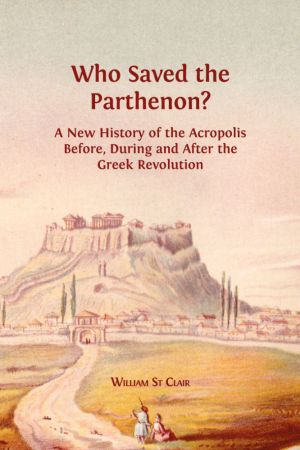
In this magisterial book, William St Clair unfolds the history of the Parthenon throughout the modern era to the present day, with special emphasis on the period before, during, and after the Greek War of Independence of 1821 - 32. Focusing particularly on the question of who saved the Parthenon from destruction during this conflict, with the help ...
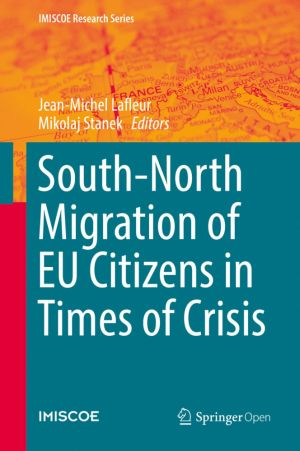
This book looks at the migration of Southern European EU citizens (from Portugal, Spain, Italy, Greece) who move to Northern European Member States (Belgium, France, Germany, United Kingdom) in response to the global economic crisis.Its objective is twofold. First, it identifies the scale and nature of this new Southern European emigration and exam...
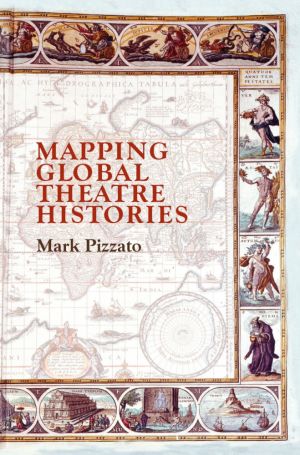
This book provides a global, chronological mapping of significant areas of theatre, sketched from its deepest history in the evolution of our brain's 'inner theatre' to ancient, medieval, modern, and postmodern developments. It considers prehistoric cave art and built temples, African trance dances, ancient Egyptian and Middle-Easter...
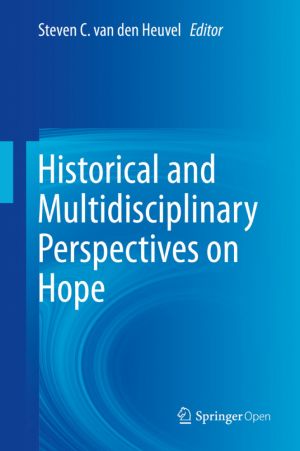
This open volume makes an important contribution to the ongoing research on hope theory by combining insights from both its long history and its increasing multi-disciplinarity. In the first part, it recognizes the importance of the centuries-old reflection on hope by offering historical perspectives and tracing it back to ancient Greek philosophy....
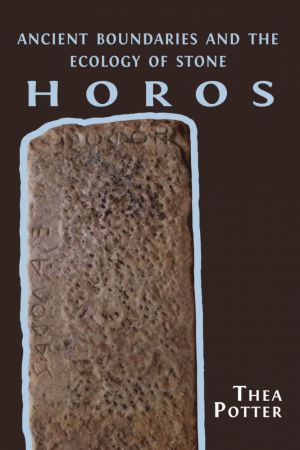
In Horos, Thea Potter explores the complex relationship between classical philosophy and the 'horos', a stone that Athenians erected to mark the boundaries of their marketplace, their gravestones, their roads and their private property. Potter weaves this history into a meditation on the ancient philosophical concept of horos, the foundat...
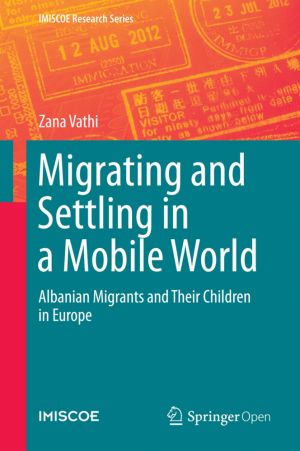
This book draws on award-winning cross-generational research comparing the complex and life-changing processes of settlement among Albanian migrants and their adolescent children in three European cities: London (UK), Thessaloniki (Greece), and Florence (Italy). Building on key concepts from the social sciences and migration studies, such as identi...
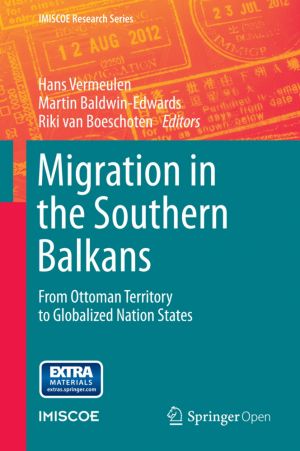
This book collects ten essays that look at intra-regional migration in the Southern Balkans from the late Ottoman period to the present. It examines forced as well as voluntary migrations and places these movements within their historical context, including ethnic cleansing, population exchanges, and demographic engineering in the service of nation...

This free book belongs to the Maritime Business and Economic History strand of the Palgrave Studies in Maritime Economics book series.This volume highlights the contribution of the shipping industry to the transformations in business and society of the postwar era. Shipping was both an example and an engine of globalization and structural change. I...
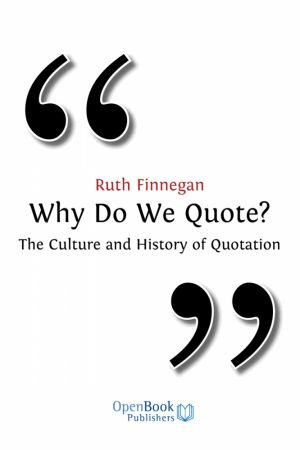
Quoting is all around us. But do we really know what it means? How do people actually quote today, and how did our present systems come about? This book brings together a down-to-earth account of contemporary quoting with an examination of the comparative and historical background that lies behind it and the characteristic way that quoting links pa...
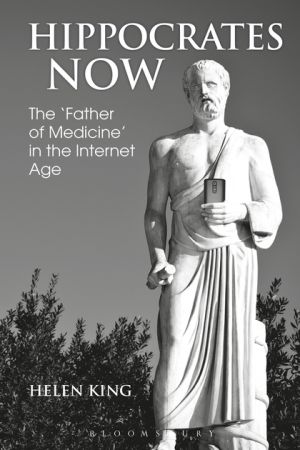
This book will challenge widespread assumptions about Hippocrates (and, in the process, about the history of medicine in ancient Greece and beyond) and will also explore the creation of modern myths about the ancient world. Why do we continue to use Hippocrates, and how are new myths constructed around his name? How do news stories and the internet...
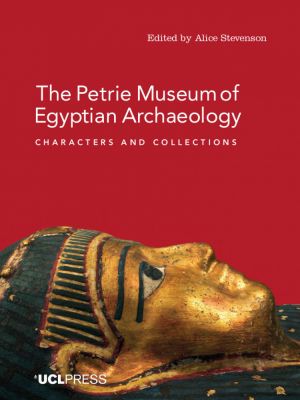
The Petrie Museum of Egyptian Archaeology first opened its doors in 1915, and since then has attracted visitors from all over the world as well as providing valuable teaching resources. Named after its founder, the pioneering archaeologist Flinders Petrie, the Museum holds more than 80,000 objects and is one of the largest and finest collections o...
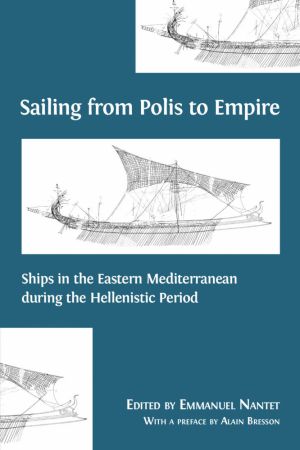
What can the architecture of ancient ships tell us about their capacity to carry cargo or to navigate certain trade routes? How do such insights inform our knowledge of the ancient economies that depended on maritime trade across the Mediterranean?
These and similar questions lie behind Sailing from Polis to Empire, a fascinating insight into th...
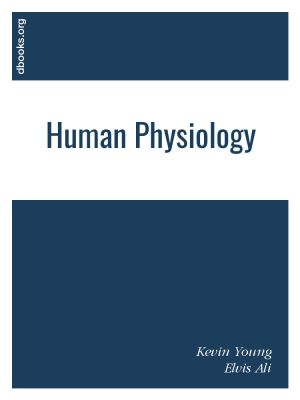
Physiology - The word physiology is from the Ancient Greek (phusiología) and it is the study of how organisms perform their vital functions. An example is the study of how a muscle contracts or the force contracting muscles exert on the skeleton. It was introduced by French physician Jean Fernery in 1552. Physiology is built upon a tripod of scien...
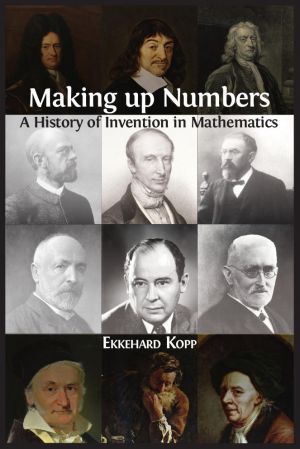
Making up Numbers: A History of Invention in Mathematics offers a detailed but accessible account of a wide range of mathematical ideas. Starting with elementary concepts, it leads the reader towards aspects of current mathematical research.
The book explains how conceptual hurdles in the development of numbers and number systems were overcome i...

This open book is designed as an international anthology on the broader subject of inclusion, education, social justice and translanguaging. Prefaced by Ofelia García, the volume unites conceptional and empirical contributions focusing on various actors within educational institutions, from early childhood to secondary education and teacher traini...

Flight during times of persecution has a long and fraught history in early Christianity. In the third century, bishops who fled were considered cowards or, worse yet, heretics. On the face, flight meant denial of Christ and thus betrayal of faith and community. But by the fourth century, the terms of persecution changed as Christianity became the f...
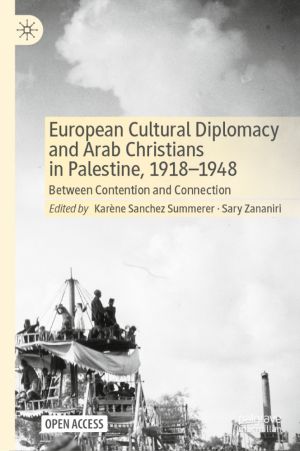
This open book investigates the transnationally connected history of Arab Christian communities in Palestine during the British Mandate (1918-1948) through the lens of the birth of cultural diplomacy. Relying predominantly on unpublished sources, it examines the relationship between European cultural agendas and local identity formation processes a...

This 2nd open book in a series of three volumes examines the repertoire of policies and programmes led by EU Member States to engage with their nationals residing abroad. Focusing on sending states' engagement in the area of social protection, this book shows how a series of emigration-related policies that go beyond the realm of social securi...
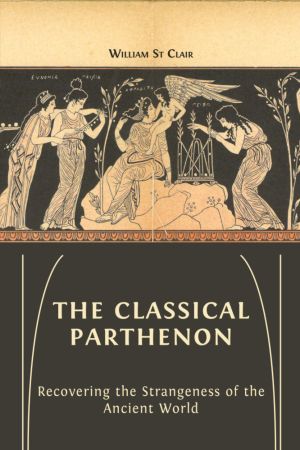
Complementing Who Saved the Parthenon? this companion volume sets aside more recent narratives surrounding the Athenian Acropolis, supposedly 'the very symbol of democracy itself', instead asking if we can truly access an ancient past imputed with modern meaning. And, if so, how?
In this book William St Clair presents a reconstructed u...
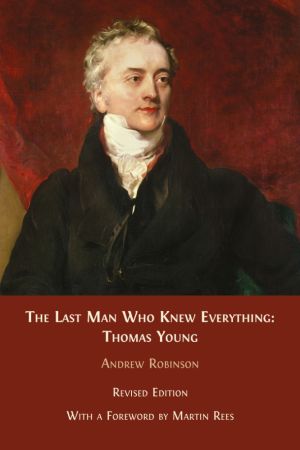
This book is an introduction to the language of systems biology, which is spoken among many disciplines, from biology to engineering. Authors Thomas Sauter and Marco Albrecht draw on a multidisciplinary background and evidence-based learning to facilitate the understanding of biochemical networks, metabolic modeling and system dynamics.
Their pe...
